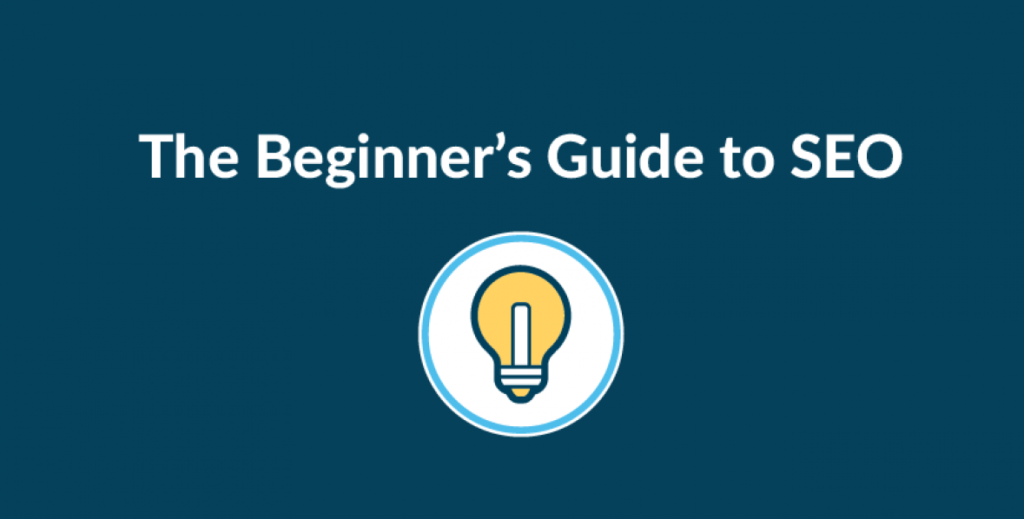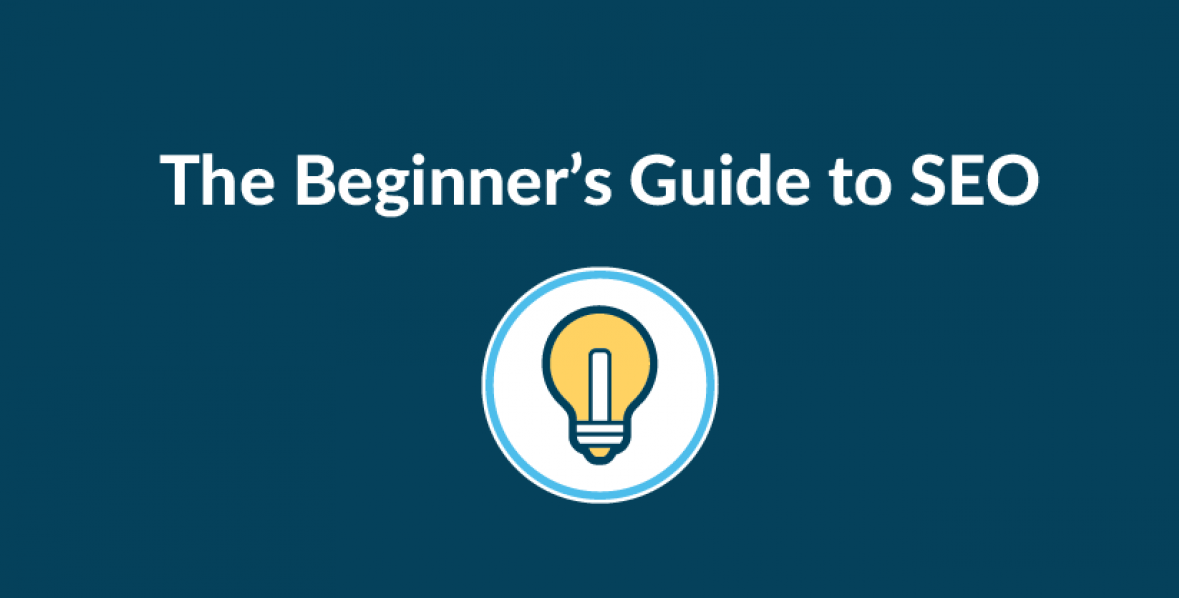Description: Marketing as an effort is often an exercise in finding the right audience. We discuss local SEO and how it can be leveraged to reach the right people.

Local SEO Beginner’s Guide
What does local SEO mean?
The roots of SEO have seeped deep into many domains. There is a common trend in many domains of formalizing distinct SEO techniques as belonging to specific domains. For example, e-commerce SEO and legal SEO are examples of search optimization techniques becoming distinct for two different fields.
Local SEO was seen in the same vein at first. Marketers viewed as another part of the ‘distinction’ trend in digital marketing.
The view has been dismantled as big and small brands alike have come to appreciate the importance of local SEO. Marketing is often a product of consumer behavior. If consumers have the tendency to use local references while looking to make a purchase or spend money in another way, marketers will inadvertently have to talk and become a part of the local mainstream.
The rise of local SEO is also a testament to how ubiquitous global platforms like Google and social media channels like Facebook and Twitter have become.
In this article, we give a basic overview of local SEO and how it can be used to reach a relevant local audience.
Local SEO and Local Keywords
Like normal SEO, local SEO is also driven by keywords.
Keywords can be viewed as a way to reach a specific type of audience. Thus, to reach a local audience, marketers have to identify relevant local keywords.
For example, a computer store in Laxmi Nagar wants to reach out to customers specifically in East Delhi. Local SEO is not some special recipe, but a technique that involves finding local keywords and creating content on them.
So, for the computer store, the best local keyword to use will probably be ‘computer store in East Delhi’ or ‘computer store in Laxmi Nagar’. When somebody searches these keywords on Google, the computer store owner naturally wants his/her shop to rank high on search rankings. This need for high search rankings on local keywords is driven by the propensity of local audiences to search these terms.
Local Content
Identifying keywords is the first part. The next stage is to create content based on local keywords. Content, as has often been repeated, is what ultimately drives a website’s search rankings. New algorithm updates in Google further suggest the tendency of search engines to value the quality of content over factors like backlinks and keyword density.
In order to create content for a local audience, digital marketers have to first be able to create write-ups that address the readers on a relatable level. For example, a simple blog post written for the purpose of getting a high SERP position on a local keyword must take into account the behavior and tendencies of the targeted audience.
In Conclusion
In conclusion, this article gives a basic overview of local SEO and how businesses can target a predominantly local audience organically through search engines.
About the Author – Sheen Ben Philip is a content marketer with three years of experience in the field. He currently works for DelhiCourses.in, an institute known for its popular SEO course in Delhi.

